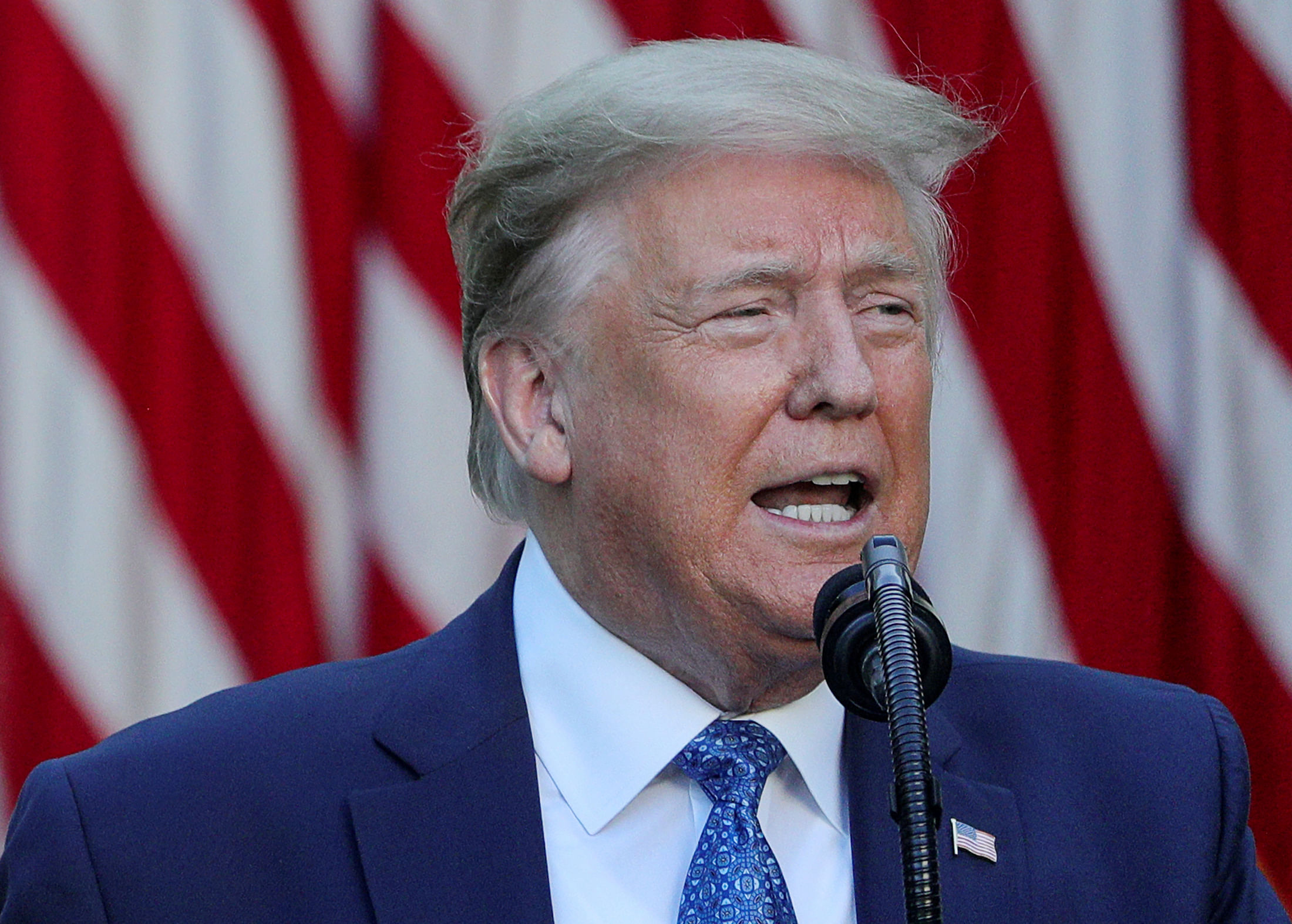
Secretary of Defense Mark Esper's rebuff of President Donald Trump over deploying troops to quell protests and sharp blasts from previous Pentagon leaders including Jim Mattis have left Trump's relations with the US military dangerously frayed.
Esper's announcement Wednesday that he opposed deploying active military to quell nationwide protests over police brutality was an extraordinary pushback to the official armed forces commander in chief.
"I do not support invoking the Insurrection Act," Esper said, referring to the 1807 law Trump has wanted to use to activate armed military personnel for policing riot-hit cities.
Hours later Esper's predecessor Jim Mattis delivered a lashing attack against Trump.
"When I joined the military, some 50 years ago, I swore an oath to support and defend the Constitution," he wrote.
"Never did I dream that troops taking that same oath would be ordered under any circumstance to violate the Constitutional rights of their fellow citizens," Mattis said, referring to the right to protest.
Mattis, who served as Trump's defense secretary for two years before resigning on bad terms, even noted that the German Nazis swore by the creed "divide and conquer."
"Donald Trump is the first president in my lifetime who does not try to unite the American people -- does not even pretend to try. Instead he tries to divide us," Mattis said.
And two former joint chiefs chairs -- whose former subordinates now populate the top echelons of the Pentagon -- also weighed in.
"America is not a battleground. Our fellow citizens are not the enemy," said retired General Martin Dempsey, the Pentagon's top general from 2011 to 2105.
"I am deeply worried that as they execute their orders, the members of our military will be co-opted for political purposes," wrote Dempsey's predecessor, retired admiral Mike Mullen.
The blatant opposition to the president by normally non-political figures has raised the spectre of a breakdown of civil-military relations.
It could also mean Esper's job is on the line -- White House spokesperson Kayleigh McEnany declined to say whether he still had Trump's full confidence.
And it effectively shattered Trump's claim to a solid alliance with the men and women in uniform, which he parades in political ads as a sign of his own toughness.
The resistance has built since last week when Trump threatened to send armed regular troops, and not just national guard reservists, onto US streets to halt the protests and rioting that followed the May 25 killing in police custody of African American George Floyd.
Esper appeared in agreement when he ordered 1,600 military police to the Washington region on standby in case riots worsened, and then told governors of states to "dominate the battlespace."
When he and Joint Chiefs Chairman General Mark Milley appeared by Trump's side Monday in a photo op at a church by the White House, minutes after security forces cleared the area of peaceful demonstrators by firing pepper balls and smoke bombs, it looked like they were on board with Trump's promise to dispatch soldiers.
But amid howls that he was making the US military trump's political tool, Esper reversed his position.
Aides said he had clumsily used the military jargon "battlespace" out of habit, and suggested that Trump had effectively tricked Esper and Milley into joining the church photo-op.
Esper said firmly Wednesday that he opposed using active duty soldiers to deal with protestors.
"The option to use active duty forces should only be used as a matter of last resort and only in the most urgent and dire of situations," he told reporters in the Pentagon.
"We are not in one of those situations now."
Making their positions clear, Esper, Milley and other top Pengaon officials made statements to the troops that they were sworn to defend the US constitution, especially the right to free speech.
Former Pentagon spokesman David Lapan said he had never seen such pushback to a president, especially by someone with the stature of Mattis.
"This president has politicised the military in ways that hasn't ever been done," Lapan, now at the Bipartisan Policy Institute, told AFP.
Esper and Milley "waited too late and allowed the situation to fester," he said.
"In that week's time, they lost some confidence both from the force and the American public."
He said Mattis, Dempsey and Mullen were not trying to foment rebellion among the troops, but that they saw the military's reputation with the American public at risk.
"It's been building," he said.